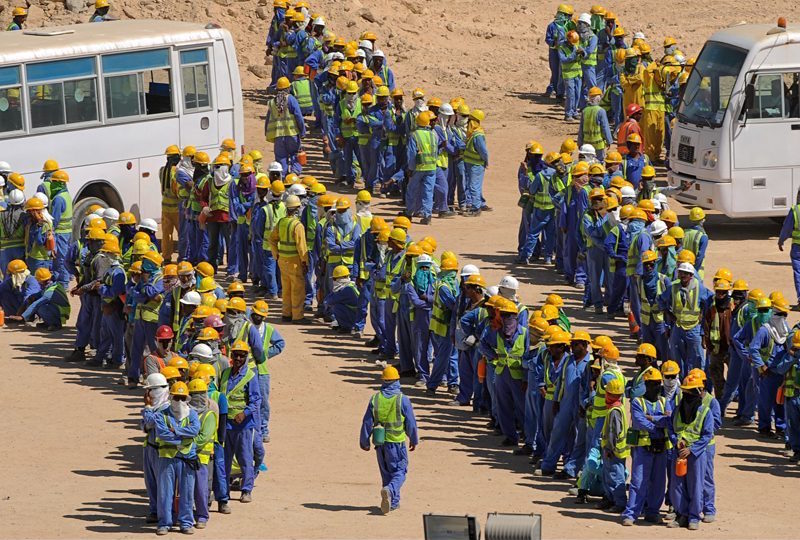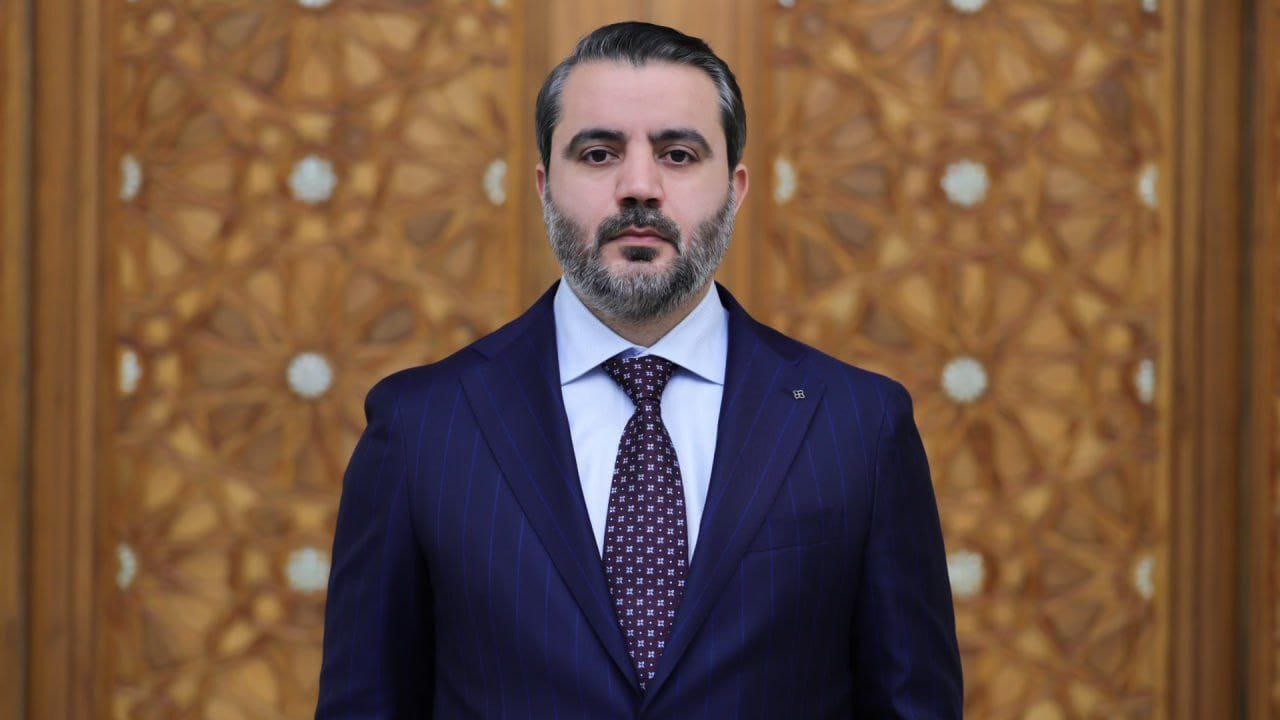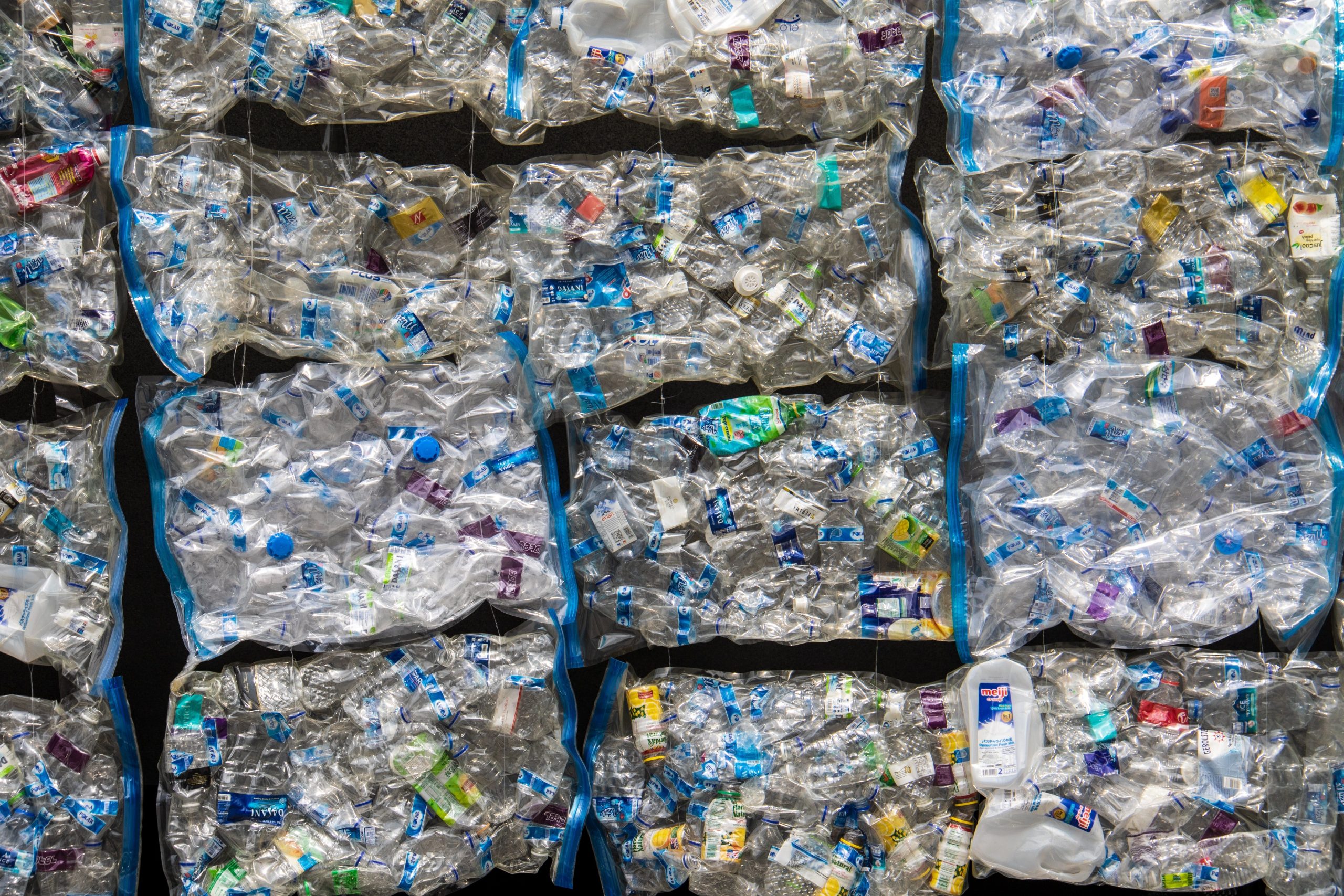On Sunday, Qatar was appointed as the Group of Arab States’ coordinator in the International Labour Organisation to help coordinate between the Arab states to unify their positions on international labour issues.
The European Union hailed Qatar’s labour law reforms, including its achievement of dismantling the kafala sponsorship system and implementing a minimum wage change.
In its annaul “Human Rights and Democracy in the World 2021” report, the EU highlighted the year 2021 to have been one that saw robust labour law changes for the Gulf country.
Qatar is the first country in the region to achieve the abolition of the kafala system. The report noted these measures set an example for other countries in the region to follow. It underlined, however, that Qatar needs to implement further reforms and must fully execute the labour laws it recently adopted.
Qatar’s recent significant reforms
On 20 March 2021, Qatar’s Ministry of Administrative Development, Labour and Social Affairs (MADLSA) announced the non-discriminatory minimum wage reform came into force, applying to all workers of all nationalities, in all sectors, including domestic workers.
In May last year, MADLSA introduced a unified platform for complaints and disputes, which allows all members of society to submit reports against violations of the Labor Law and their employers.
In October 2021, Qatar held its first ever legislative elections for the two-thirds of the advisory Shura Council, where 30 out of the 45 members of the Council were elected in
public vote. With a voter turnout of 63.5%, the elections “triggered intense public debate and limited demonstrations by representatives of certain tribes discriminated by the electoral regulations,” said the report.
The Gulf state’s constitution calls for the election of 30 seats of the Shura Council, with the remaining 15 seats being appointed by Qatar’s Amir, Sheikh Tamim bin Hamad Al Thani. In last year’s elections, the Amir elected two women, neither ran in the elections, with one elected as Vice-Chairperson.
Changes yet to be implemented
Pointing to the civil liberties witnessed in Qatar, the report described it to be “restricted.” It said: “Legislation limiting freedom of speech, including restrictive procedures on the establishment and closure of newspapers and the confiscation of assets of a publication, remained in place, with self-censorship being the primary result.”
On May 5 2021, a Kenyan national was arrested in the Gulf country and charged with ‘spreading disinformation.’ He has since been released but charges against him have not been dropped, according to rights organisations.
Writing under the guise of a pesudonym (Noah), 28 year-old Malcolm Bidali “wrote about labour rights issues, including long working hours, issues with wages, working conditions and unsuitable accommodation and conditions at his workplace,” Al-Jazeera reported.
He was placed under investigation on charges of ‘violating Qatar’s security laws and regulations’, according to Qatar’s Government Communication Office (GCO). On May 30, the GCO said Bidali was “formally charged with offences related to payments received by a foreign agent for the creation and distribution of disinformation within the State of Qatar.”
After approximately three months of detainment, he was released in mid-August and allowed to leave the country after the hefty fine payment of a 25,000 QAR.
Regarding gender equality, the EU report noted that Qatari women resume to face instances of disparity in some forms, mainly the inability to transfer citizenship to their children.
Qatar did however sign a law in 2018 which allows children and spouses of Qatari women married to non-Qataris to acquire permanent residence status.
Qatar’s uphill reform change efforts
In September 2021, an official from the European Parliament’s intergroup on sports praised Doha’s “positive reform” following a visit to the country and its World Cup stadiums, in an independent report that surveyed migrant workers in Qatar.
In October last year, Doha was elected to the UN Human Rights Council by 182 votes, for the periods between 2022-2024. In 2021, the Gulf state “did not ratify” additional international human rights instruments. However, it did recently become the first country in the region to ratify two main Covenants, namely the International Covenant on Civil and Political Rights and the International Covenant on Economic, Social and Cultural Rights.







